The Party's major policies and orientations and the 2013 Constitution are posing increasingly high requirements and tasks for the work of protecting, caring for andeducating children, especially the protection of children before and during criminal proceedings.

To institutionalize the above requirements and tasks, the proposal to develop a specialized law on juvenile justice will help further improve the effectiveness of child protection and education in the new situation.
Ensure strict, friendly and humane
Over the years, our Party and State have put forward many policies and guidelines on child care, education and protection, which are reflected in many important resolutions and documents. Accordingly, our country currently has three sets of laws and laws directly regulating (Penal Code, Criminal Procedure Code, Law on Execution of Criminal Judgments) on criminal justice for minors and many documents detailing and guiding their implementation.
However, the current law has some limitations such as: The current criminal procedure is designed for adults and has some regulations adjusted to solve problems related to minors, leading to procedures that are not really friendly, suitable for the age and development of minors. The solution is to change direction to replace the penalties in the Penal Code with humane measures, suitable for psychology and age but still ensure the principles and strictness of the law; overcome current regulations that are not suitable for the nature and criminal behavior of minors.
The draft Law on Juvenile Justice was discussed and commented on by the National Assembly Standing Committee at the 32nd session. Deputy Chief Justice of the Supreme People's Court Nguyen Van Tien said: The development of the draft Law on Juvenile Justice is an urgent requirement of life, aiming to implement the Party's policy on "developing a child-friendly and child-protecting judicial system"; at the same time, concretizing the provisions of the 2013 Constitution as well as implementing the United Nations Convention on the Rights of the Child, of which Vietnam is a member.
The scope of regulation of this draft Law includes provisions on handling and redirecting juvenile offenders; penalties and procedural procedures for juveniles; community reintegration and support for victims; and at the same time, clearly stating the tasks, powers and responsibilities of agencies, organizations and individuals in juvenile justice activities.
The draft Law stipulates the basic principles of juvenile justice activities, including the principles of ensuring the best interests of juveniles; ensuring friendly proceedings; juveniles are treated equally; the right to full and timely information; the participation of guardians and representatives of juveniles throughout the litigation process...
Apply redirection measures
Other issues of concern are specialized handling of juvenile offenders; that is, ensuring the confidentiality of juveniles; ensuring the right to defense, the right to legal aid, and interpretation of juveniles; minimizing the application of preventive and coercive measures against juveniles. Other issues of concern are specialization in juvenile justice activities; ensuring and respecting the right to participate in expressing opinions of juveniles; and appropriate community reintegration for juveniles.
The drafting agencies have recently proposed that the Ministry of Labor, War Invalids and Social Affairs be the standing agency to assist the Inter-sectoral Coordination Organization on Children. Regarding the responsibilities of social workers, the draft Law stipulates the conditions for social workers to participate in juvenile justice activities; a social worker can participate in providing legal support to many accused persons, victims, etc.
Specifically, competent individuals participate from the very first stage of the proceedings until reintegration into the community. The Deputy Chief Justice of the Supreme People's Court said that the draft Law stipulates 16 humane, progressive and specific principles to protect minors in criminal justice, such as: ensuring the best interests of minors, ensuring friendly proceedings, the right to full and timely information, specialized handling, and ensuring personal confidentiality. In addition, the draft Law expands the scope of application of diversion measures on the basis of inheriting the provisions of the Penal Code and strictly stipulates the conditions for applying diversion measures to ensure social order and safety for the community. The draft stipulates the application of diversion measures flexibly, suitable for each subject.
Regarding the handling of diversion for juvenile offenders, these are monitoring and educational measures when juveniles are exempted from criminal liability as stipulated in the Penal Code. Through analysis, some opinions believe that the nature of this measure is to remove juveniles from the normal criminal procedure (which is applied to adults), so that juveniles are redirected to simpler, faster, and friendlier procedures.
The draft Law stipulates “diversionary measures” and provides for additional new diversionary measures, such as participation in educational and vocational training programs; participation in mandatory psychological treatment and counseling sessions; community service; and restriction of living and traveling hours. Diversion to judicial education measures at reformatory schools is considered the most severe diversionary measure among diversionary measures. |
Regarding the measures for diversion (Article 34), the Judicial Committee basically approved the 12 measures for diversion and the clarification of the content of each measure in the draft Law, creating conditions for the prosecution agency to have many options to apply the most appropriate measure for each type of minor. Some other opinions suggested continuing to review the measures for diversion to ensure appropriateness.
The National Assembly's Judicial Committee proposed to continue reviewing regulations on standards and regimes for minors in reform schools to ensure they are appropriate to the nature and level of violations committed by minors and to effectively implement educational goals and ensure friendliness. The review opinions also suggested that the Supreme People's Court provide information and clarify the basis for the provisions in Clauses 1 and 2, Article 36 of the draft Law on not applying diversion to 5 crimes committed by minors from 14 to under 16 years old and 6 crimes committed by minors from 16 to under 18 years old. |
Source




![[Photo] Top players gather at the 2025 Nhan Dan Newspaper National Table Tennis Championship](https://vphoto.vietnam.vn/thumb/1200x675/vietnam/resource/IMAGE/2025/5/23/9ad5f6f4faf146b08335e5c446edb107)









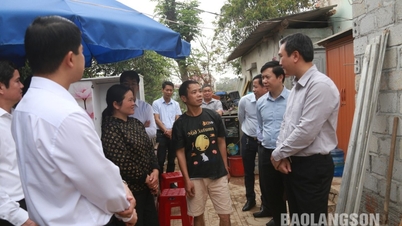






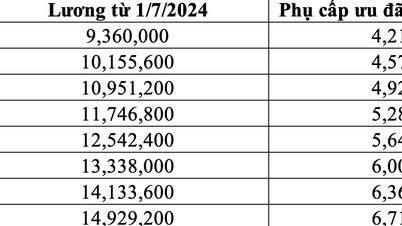






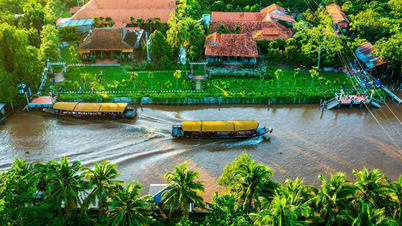
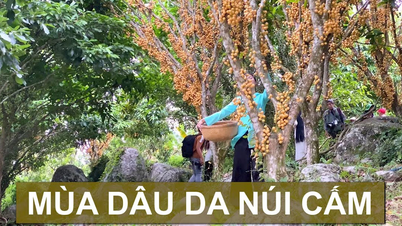

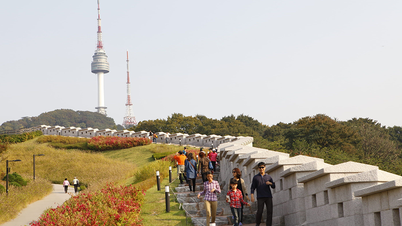

















































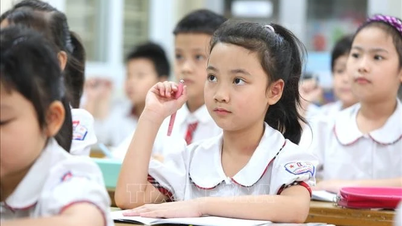

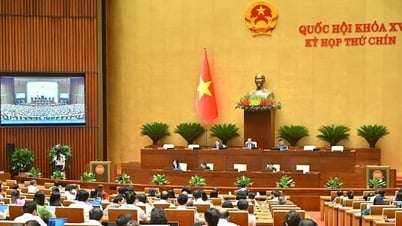



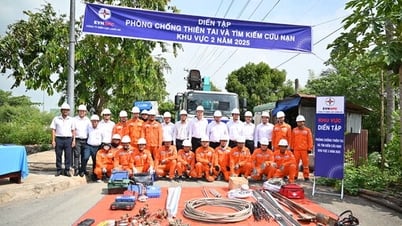

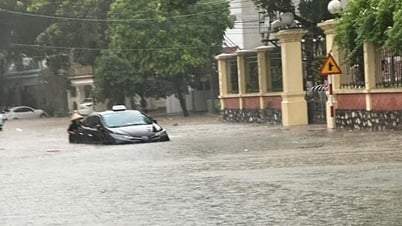












Comment (0)